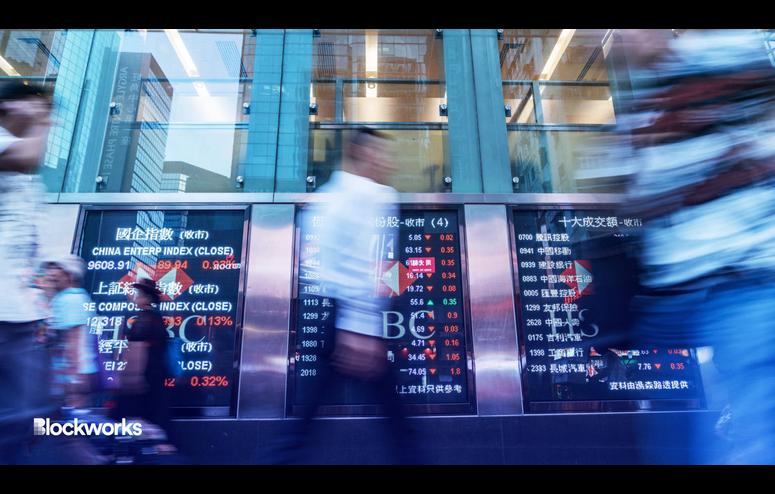Tokenized Assets, Distributed Ledgers Could Save Finance Billions: GFMA
TL;DR The Global Financial Markets Association (GFMA) reported that distributed ledger technology (DLT) could unlock $20 billion in annual savings across global clearing and settlement costs. Despite the promising outlook, widespread adoption of DLT in securities markets has yet to occur due to lack of institutional interest, poor liquidity and risk management. Investor demand for securities running on DLTs is likely to hinge on fixed-income offerings and tokenized illiquid and private asset classes.

Distributed ledger technology (DLT) such as enterprise blockchain could unlock $20 billion in annual savings across global clearing and settlement costs.
That’s according to a report from the Global Financial Markets Association (GFMA) in collaboration with Boston Consulting Group and two other law firms. The GFMA is a global body representing interests of capital markets participants and stakeholders.
Its report evaluates opportunities and risks associated with settling global trade on DLT-based systems.
Despite the promising outlook, the GFMA acknowledged widespread adoption of DLT in securities markets has yet to occur, largely due to a lack of institutional interest alongside poor liquidity and risk management.
Investor demand for securities running on DLTs is likely to hinge on fixed-income offerings (corporate bond markets), and tokenized “illiquid and private asset classes like investment funds.”
“The global value of tokenized illiquid assets is estimated to be worth about $16 trillion by 2030, from a base of [around $0.3 trillion] today,” the report said. “New instruments (e.g., tailored frequency income payments) through product innovation may also act as a key value driver to serve client needs.”
DLT is a broader term that encompasses various decentralized technologies, while blockchain is a specific implementation of DLT with differing governance, consensus mechanisms, scalability and use cases.
Adam Farkas, GFMA chief executive said DLT holds growth potential and calls for a regulatory framework supporting stability, responsible innovation and fair competition.
“Policymaking should focus on creating a regulatory framework that supports financial stability and responsible innovation in digital asset markets,” Farkas said in a statement.
The executive also urged officials to “find a way forward” ensuring stability and protections, while also allowing the industry and wider economy to grab hold of the benefits the nascent tech promises.
Australia’s planned DLT overhaul of its primary securities exchange is perhaps the most prominent attempt at running a major settlement system on the technology.
The ASX ultimately canned the idea late last year after spending $170 million.
Want alpha sent directly to your inbox? Get degen trade ideas, governance updates, token performance, can’t-miss tweets and more from Blockworks Research’s Daily Debrief.
